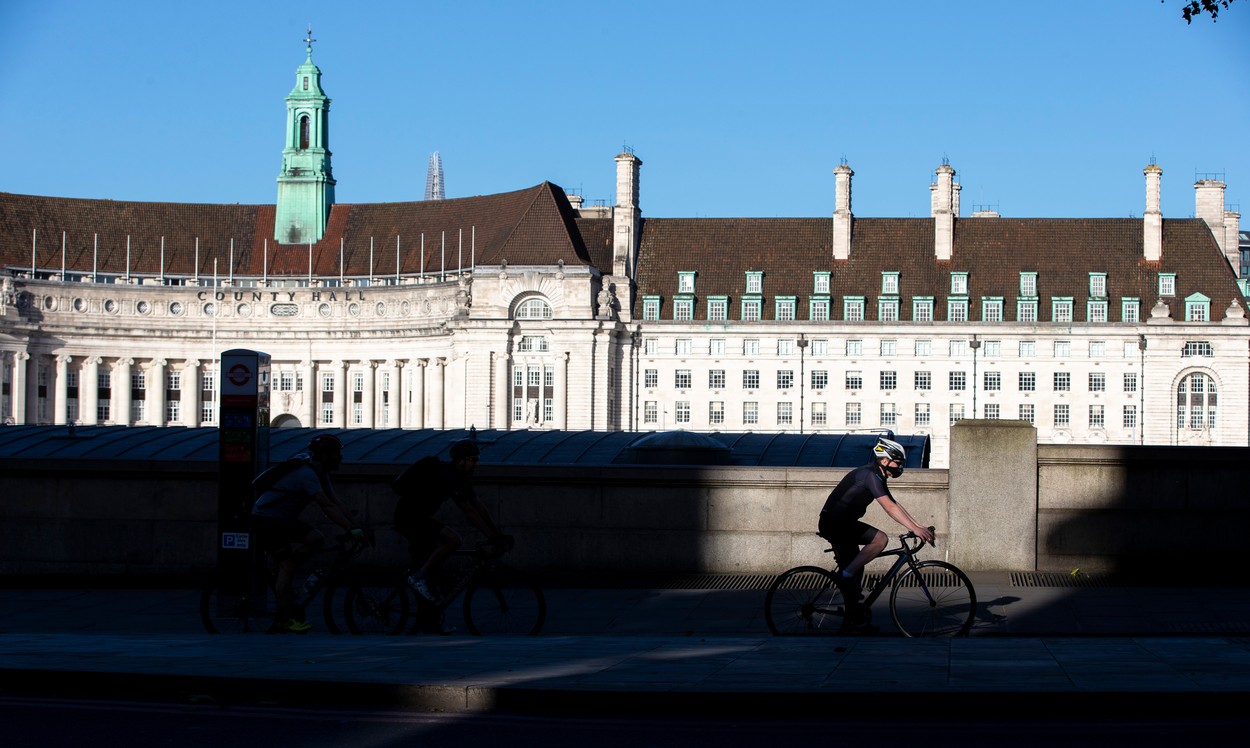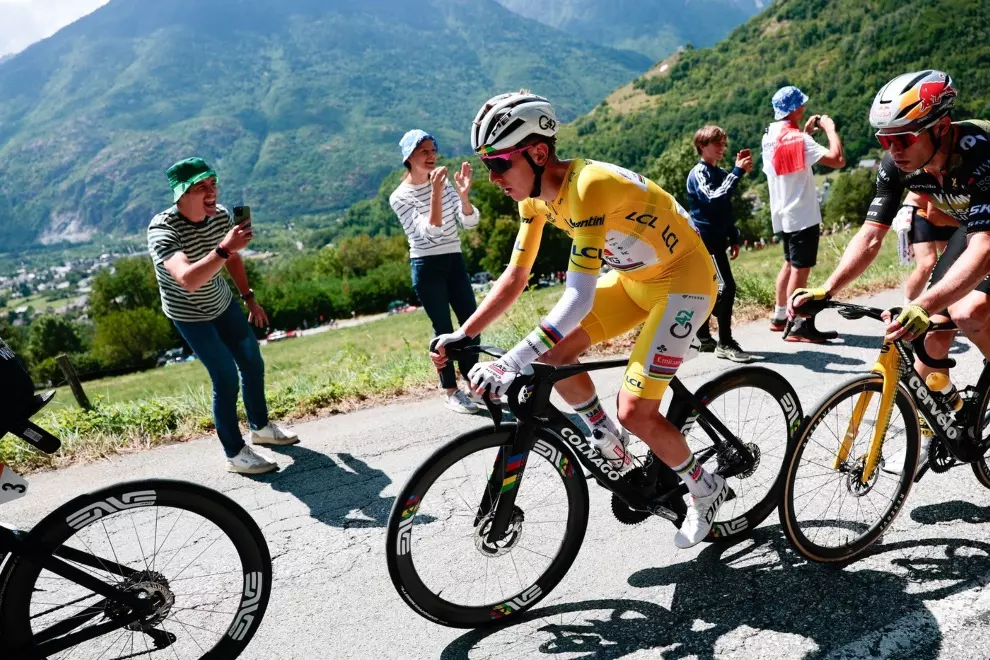Indoor cycling next to perfection
When you wanted to stay fit through the winter, pedalling with a white wall across your entire field of vision used to be the only option. Indoor trainers underwent unbelievable progress since then. Using apps like Rouvy in connection with modern trainers, we now enjoy a variety of amusing adventures from the warmth of our homes. In many countries, cycling was restricted or limited, but virtual training proved to be almost as good as the real deal. On top of that, Rouvy developers launched the charity Ride for Italy, intended to help one of the most affected countries.

Cities realised that cycling is an alternative for future
While some cities, such as Paris, allowed cycling only in case of emergency, authorities elsewhere recognised cycling as a vital part of the transportation system and encouraged people to get on bikes. Cycling as individual means of transport proved to be a much safer alternative to crowded buses or subway trains, which spread the contagion through cities just like blood cells in a sick body.
We rediscovered the beauty of riding alone
Sharing cycling experience has always been one of the main reasons why we are attracted to the sport, but cycling alone enables you to set your own pace, focus your mind exclusively on yourself and enjoy cycling as a kind of meditation.
Face masks with certain advantages
In some countries, face masks became mandatory when entering public places, including cycling on the streets. Breathing through the wet rag was close to impossible, but the same piece of textile worked as a protection against cold air streaming into your lungs when you’re descending fast.

People behaved nicely to each other
Discussion about relationships between cyclists and drivers will always divide people, but one thing could be taken for granted: when coronavirus reached its peak, people behaved more politely to each other as if the threat of disease helped to build an illusion of tolerance among people. Are we really able to understand each other only under extremely worsened circumstances?
We’ve learned to refrain from spitting around
Blowing your nose freely while riding has always been kind of rude, but since sneezing was proved as a way of spreading infection, any kind of such reliefs became unacceptable. Let’s keep to this rule for as long as possible.




